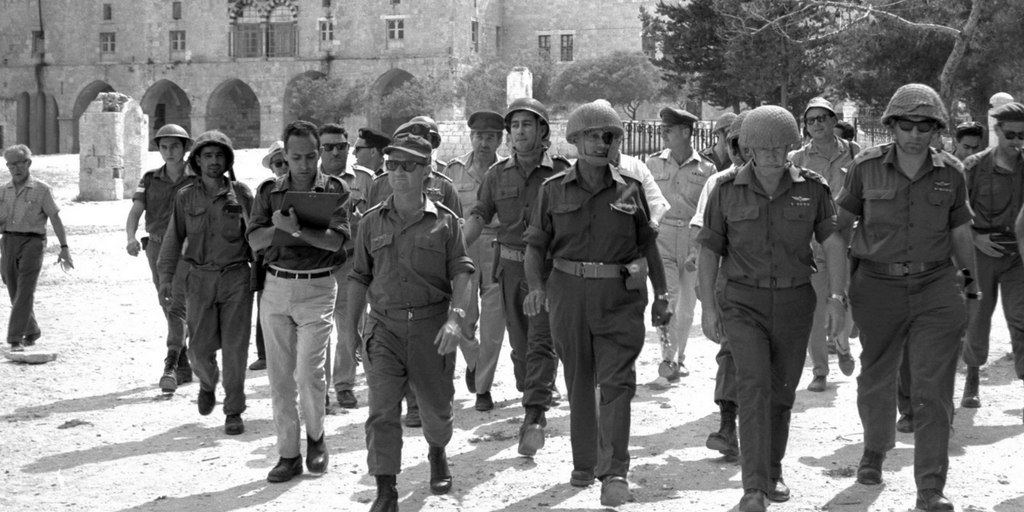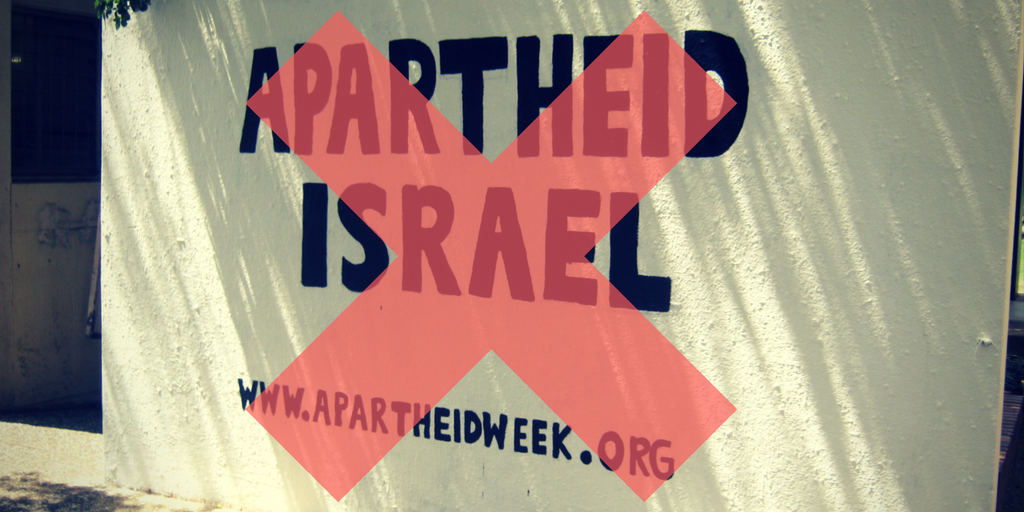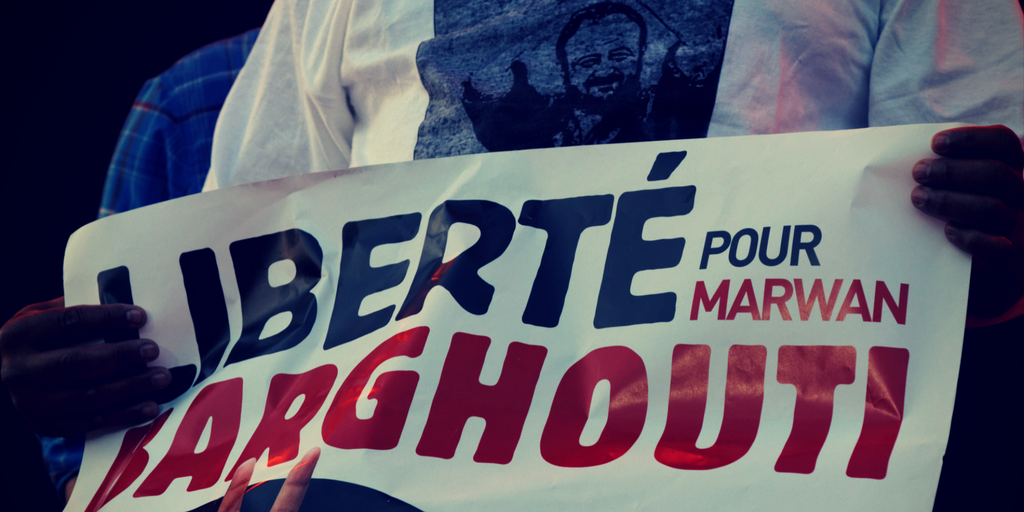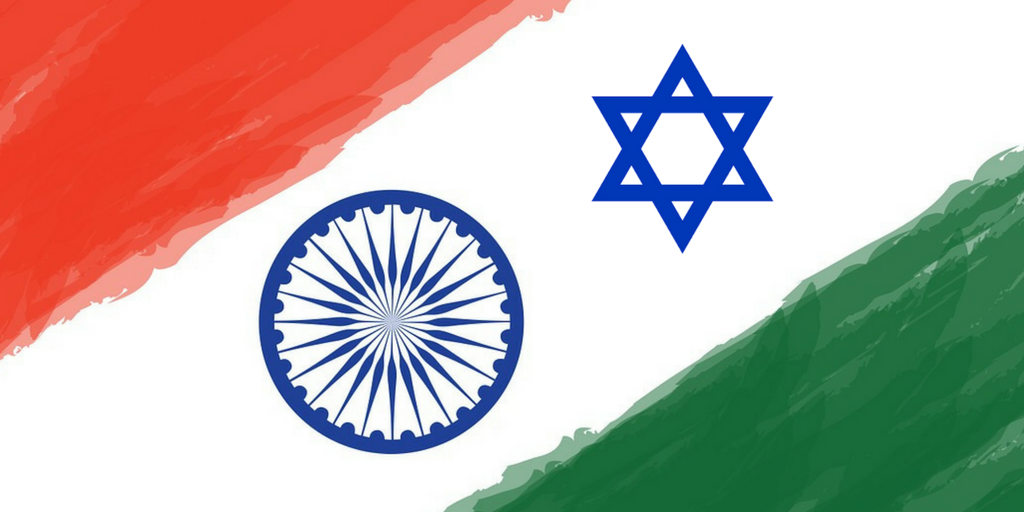Even secular non-believing Israelis considered the hand of God in this war.
June 5th, 2017 will mark the 50th anniversary of the 1967 Six Day War in which Israel vanquished the Arab armies arrayed against it. Egypt, Syria, Jordan, and Lebanon were the main combatants, but large contingents from Iraq, Morocco, Libya, Tunisia, Algeria, Kuwait, Pakistan, Sudan, and the P.L.O. also took part in the war as auxiliaries, by lending aircrafts, tanks, manpower, and logistics. I was then a young draftee facing a war on an Israeli airbase.
In 1967, Israel had a small population of 2.7 million, while Egypt’s population alone amounted to 31 million. Syria’s population was at the time 5.76 million, Jordan’s 1.32 million, Lebanon’s 2.175 million, and Iraq’s about 9 million. The Arab confrontation states alone accounted for about 50 million. The Arab armies had approximately 465,000 troops, more than 2,800 tanks, and 800 planes. Israel fielded its regular army of 50,000 in addition to its reserve force for a total of 264,000, almost 10% of its total population. Israel threw into the fight about 800 tanks and 300 combat aircrafts…just about a third of the Arab aircrafts, and a similar proportion of tanks.
Monday, June 5, 1967 was an unforgettable day. The Jordanian’s began bombing our base with heavy artillery and mortar fire right after midnight, as we tried to sneak in an hour of sleep between the around-the-clock work, readying our planes for combat. Their firing positions were eventually silenced by our fighter pilots. Israel kept radio silence throughout the early hours of June 5th, while squadrons from our airbase and other bases around the country were in route to destroy the Arab air-forces.
At noontime on that fateful Monday, we were ordered to assemble at the parade ground of the airbase. The base commander moved slowly to the microphone, while the tension was mounting among the assembled ranks. He opened up with “Airmen and women, this is a dramatic day in the annals of Israel’s history. As of this time, the Arab air-forces do not exist.” The moment was unlike any other we had experienced as young adults…the relief, excitement, joy, and euphoria enveloped us all. We threw our berets up to the sky, much like college kids do at graduation time. We hugged each other, and silently thanked God for our deliverance.
When the day was over, Israel controlled the skies over all the battlefields in which it fought. The next day was no less dramatic. Israel consolidated its capture of the Sinai Peninsula. Tuesday gave way to Wednesday, June 7, which turned out to be the most dramatic and historical event yet. It was the day Israeli paratroopers liberated the Old City of Jerusalem and the Western Wall, a remnant of Solomon’s Holy Temple. Ironically, the Israeli government had no intention of moving against Jordan, much less to capture Judea and Samaria and the Old City of Jerusalem. Israel conveyed a message through the UN to King Hussein to stay out of the fighting. Nevertheless, Hussein had been persuaded by Nasser, the Egyptian dictator that Egyptian forces were on the outskirts of Tel Aviv. Nasser pointed to radar dots that showed fighter-planes flying toward Israel, alleging that these were Egyptian planes, and not Israeli planes returning for refueling.
As the fighting in Jerusalem ceased, thousands of Israelis, secular and religious, crushed through the Mendelbaum Gate that separated the Israelis from the Jordanian part of Jerusalem, on their way to the Old City and the Wall. For the first time in 19 years, Israelis had access to the Old City and the Wall. And for the first time in over 2,000 years, Jerusalem was once again under Jewish control.
Thursday and Friday, June 8 and 9, 1967, saw fierce fighting on the Golan Heights. Maj. Gen. David Elazar, head of the Northern Command, begged Defense Minister Moshe Dayan to lift once and for all the persistent Syrian menace against the low lying Kibbutzim along the Sea of Galilee. Syrian planes attacked Israeli villages in the Galilee, and were summarily downed by Israeli fighter-planes. Israeli infantry forces (Golani Brigade) moved against well-fortified bunkers and tunnels the Syrians dug on the high ridges of the Golan overlooking the Sea of Galilee. Bitter hand-to-hand fighting ensued, and the highly motivated Israeli soldiers prevailed over the Syrians, whose officers fled and left some of their soldiers literally tied to their positions.
On Saturday, a day of rest, cease-fire was declared and observed. The Golan Heights were under Israeli control, as well as the entire Sinai Peninsula, the West Bank and Gaza, and the Old City of Jerusalem. The miracle of the Six Day War had occurred. Even secular, non-believing Israelis considered the hand of God in this war.
Our squadron had been confined to base since the early days of May, and it was an incredible, around-the-clock effort on the part of every airman and woman that made the victory possible. We were exhausted but euphoric nevertheless. We had seen a miracle in our lifetime. A week after the war, our squadron, with numerous commandeered army trucks, moved up to Jerusalem to touch the most sacred monument in Judaism – the Western Wall. We proceeded to Bethlehem and the Church of the Nativity, and then further on to Hebron and Machpela Cave, where Abraham, Isaac, Jacob, Sarah, Leah and Rebecca were buried, an equally sacred place for Jews.
Although each of us carried Uzi sub-machine guns, we did not threaten the Arab population who feared retribution from us. Had it been the other way around, the Jordanian army would have massacred our civilians and soldiers as they did in Gush Etzion, in 1948, assisted in that task by the Palestinian-Arab mobs.
When our unit finally got passes to leave base, it was an extraordinary scene on the crossroads. Drivers stopped to give us lifts, and sometimes they competed as to who could pick us up first. At the same crossroads, high-school girls and their mothers handed out sodas, cakes, and fruit to all uniformed soldiers. The euphoria in the country was infectious, and it lasted for a while.
Howard Sachar, author of A History of Israel: From the Rise of Zionism to Our Time, quoted Yitzhak Rabin, the Israel Defense Forces (IDF) Chief-of-Staff during the Six Day War, explaining Israel’s victory in that war: “Our airmen, who struck the enemies’ planes so accurately that no one in the world understands how it was done and people seek technological explanations or secret weapons; our armored troops who beat the enemy even when their equipment was inferior to his; our soldiers in all other branches…who overcame our enemies everywhere, despite the latter’s superior numbers and fortifications—all these revealed not only coolness and courage in the battle but…an understanding that only their personal stand against the greatest dangers would achieve victory for their country and for their families, and that if victory was not theirs, the alternative was annihilation.”
Originally Published in FrontPageMag.





